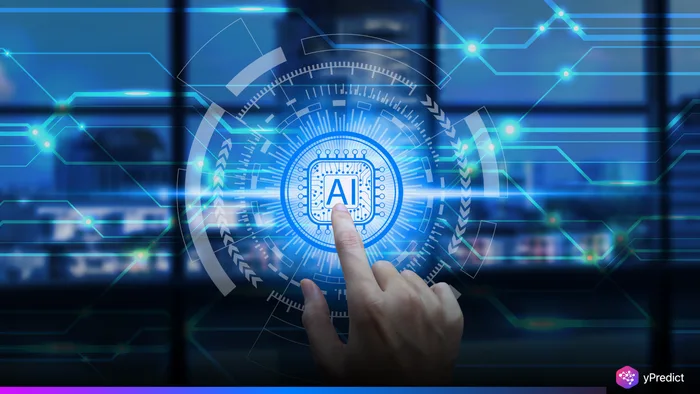
The idea of quitting artificial intelligence might sound extreme in today’s hyper-digital world. But a small group of people are doing exactly that. They’re rejecting AI tools not out of fear, but as a conscious stand for ethics, the planet and their mental wellbeing. And they call themselves “AI vegans.”
Just like food vegans avoid animal products, these individuals steer clear of AI-powered tools in everyday life. From refusing smart assistants to avoiding ChatGPT, they are choosing to live without digital shortcuts. Their reasons are varied , environmental impact, labor exploitation, cognitive health , but their message is simple: not everything that’s possible should become normal.
AI vegans, called it AI veganism, might still be niche, but it’s growing. And while you may not be ready to quit AI cold turkey, their concerns deserve attention.
Why the Term “AI Veganism” Exists and What It Means
AI veganism is not just a catchy phrase. It’s a deliberate lifestyle choice to avoid or limit the use of artificial intelligence. People embracing this idea see AI as harmful to the environment, exploitative of human labor, and disruptive to mental clarity.
In the same way that “vegan leather” rebranded plastic as a feel-good purchase, AI tools are often sold as magical productivity boosters. But beneath the sleek interface lies a trail of energy consumption and human costs. AI veganism challenges that narrative, asking whether convenience is worth the trade-offs.
The Environmental Footprint of Everyday AI Use Is Bigger Than You Think
Every AI image you generate, every chatbot answer you read , they all consume energy. A lot of it. AI systems require far more computing power than regular web searches. That translates to higher electricity use and a growing carbon footprint.
Some estimates suggest that generating one image with a powerful AI model can use as much energy as 100 Google searches. That’s not just trivia. That’s water, electricity, and emissions , just for fun or convenience. AI veganism puts this environmental cost at the center of the conversation.
AI Ethics Are Being Ignored , and That’s a Problem
AI doesn’t operate in a vacuum. It relies on vast datasets, often scraped from the internet without consent. Artists, writers, and coders have found their work repackaged by AI models without credit or payment. These systems also require teams of underpaid human workers to label and moderate data, often in harsh working conditions.
AI ethics means recognising these human costs. It also means understanding the risks of bias, misinformation, and manipulation. AI veganism acts as a form of resistance , not against technology itself, but against the unchecked rollout of flawed systems.
Is AI Harming Our Brains More Than It’s Helping Us?
Some experts now believe that too much reliance on AI could reduce our ability to think critically. If you outsource every problem to a chatbot, what happens to your own reasoning?
The founder of Meta, Mark Zuckerberg, recently said that without smart AI glasses, people will face a “cognitive disadvantage.” But others argue that it’s the very presence of AI that threatens cognition. Digital wellness advocates have long warned about the mental effects of screen time, distraction, and dependence.
AI veganism echoes those concerns. It suggests that, just like junk food, too much AI might offer quick comfort at long-term cost.
Could We All Be a Bit More AI-Conscious?
Maybe full AI abstinence isn’t realistic for most people. But that doesn’t mean we should ignore the warning signs. The idea of AI veganism isn’t just about purity , it’s about awareness.
Before asking an AI to generate a funny cat picture or write a grocery list, maybe we pause. How much energy will it consume? Who trained it? What are we giving up by using it? These questions don’t have easy answers, but they’re worth asking.
A small shift in mindset could go a long way. We don’t have to quit AI entirely. But we can learn from AI veganism to use technology more thoughtfully and ethically.






